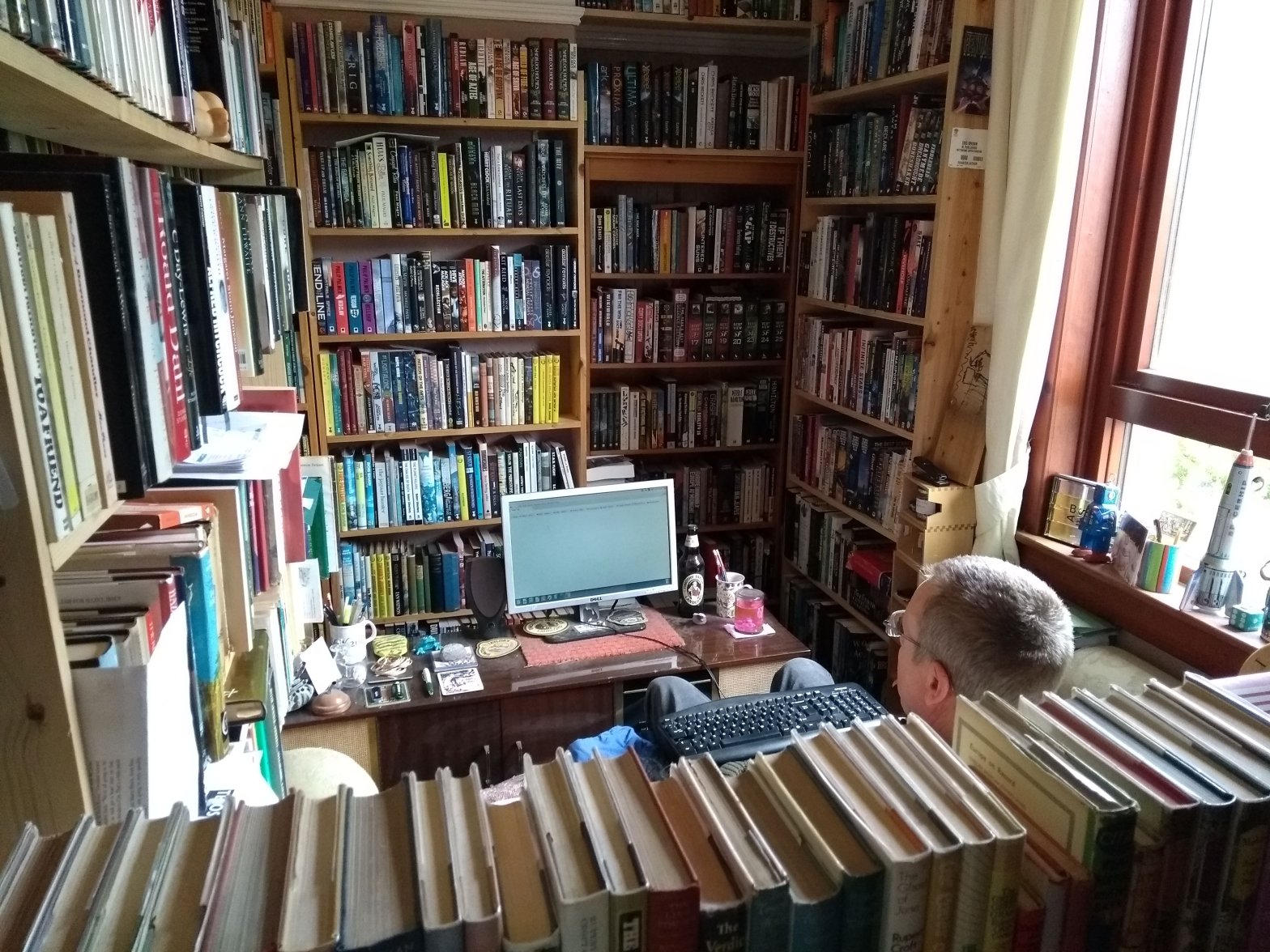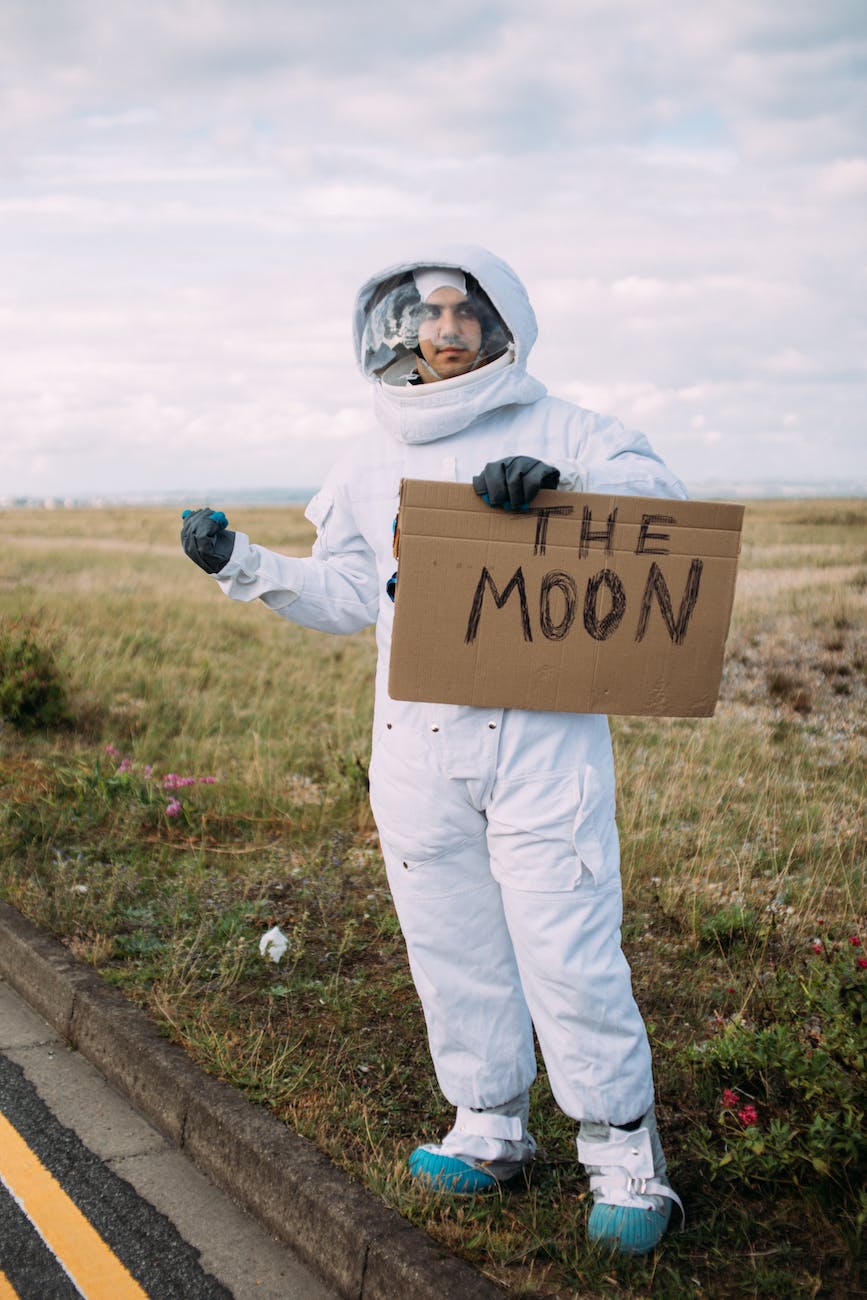I wrote my post last week knowing that Eric Brown had died. As the news had yet to be released I didn’t like to say anything. I’d like to speak about him now.
Eric and I met at Eastercon in Glasgow in the year 2000. We discovered we lived quite near each other and so arranged to meet up for a drink and chat when we got back home. Eric was an established writer, I was just beginning, and I valued his advice. When Eric moved first to Cambridge and then to Scotland the pints were less frequent, the chats took place over the phone or, later on, on zoom. Eric was a great friend.
But I’d like to talk about his writing.
Eric was a prolific writer. His method was to sit, wrapped in a blanket and surrounded by his books, and to write. You can read how he did it here: https://tonyballantyne.com/how-writers-write-eric-brown/.
He was natural story teller. His SF worked because he knew that it wasn’t the technology but the characters that made a story work.
Others have talked about Eric’s humanity, and that of his characters. I’d like to give an illustration of what this means.
I was delighted when Eric asked me to collaborate on a story as part of his Kethani series. I took great pleasure in setting up a vicar as the protagonist. Matthew was a sympathetic character, his faith troubled by the alien Kethani bringing people back to life. I was being deliberately awkward, setting up a situation where conflicting beliefs clashed. I couldn’t see a resolution, and I must admit there was a smile on my face as I hit send on the email, sending the MS to Eric.
He replied within hours. He resolved the problem in one elegant sentence, a line that left the dignity of all characters intact. The ending was a masterclass in storytelling.
Eric Brown was a great writer. More than that though, he was a great friend.










